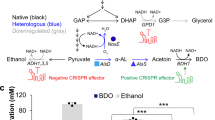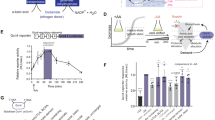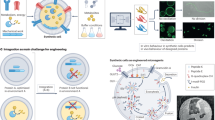Abstract
Proteins vary in their cost to the cell and natural selection may favour the use of proteins that are cheaper to produce. We develop a novel approach to estimate the amino acid biosynthetic cost based on genome-scale metabolic models, and directly investigate the effects of biosynthetic cost on transcriptomic, proteomic and metabolomic data in Saccharomyces cerevisiae. We find that our systems approach to formulating biosynthetic cost produces a novel measure that explains similar levels of variation in gene expression compared with previously reported cost measures. Regardless of the measure used, the cost of amino acid synthesis is weakly associated with transcript and protein levels, independent of codon usage bias. In contrast, energetic costs explain a large proportion of variation in levels of free amino acids. In the economy of the yeast cell, there appears to be no single currency to compute the cost of amino acid synthesis, and thus a systems approach is necessary to uncover the full effects of amino acid biosynthetic cost in complex biological systems that vary with cellular and environmental conditions.
Similar content being viewed by others
Article PDF
Author information
Authors and Affiliations
Corresponding author
Rights and permissions
About this article
Cite this article
Barton, M., Papp, B., Delneri, D. et al. Systems biology of energetic and atomic costs in the yeast transcriptome, proteome, and metabolome. Nat Prec (2008). https://doi.org/10.1038/npre.2008.1841.1
Received:
Accepted:
Published:
DOI: https://doi.org/10.1038/npre.2008.1841.1



